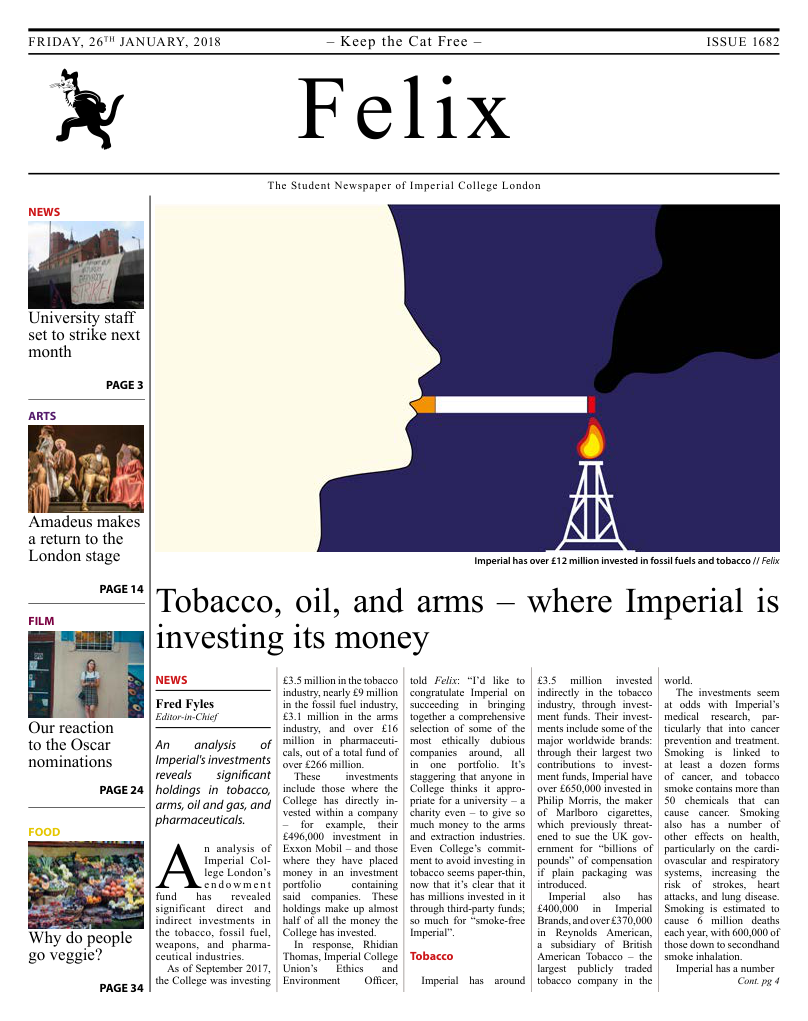How does climate change impact our mental health?
New studies show how climate change can have an impact on our psychological health.

In a world where enormous amounts of information are provided nonstop via 24-hour television channels and digital media, it should not be surprising to find that news have a profound effect on mental wellbeing. Accounts of war and extreme poverty are already concerning for a significant part of the general public; however, all these problems pale in comparison to climate change. Many people cannot avoid feeling some kind of existential angst when they are confronted with images of starving polar bears, melting glaciers, and tiny tropical atolls being devoured by increasing sea levels. Now, new research addresses in detail the different ways people react to global warming, exploring the implications this phenomenon has for public policy in the fight against this challenge.
The study was carried out by researchers at the University of Arizona using a sample size of 342 individuals. They classify the environmentally-concerned segment of the population, as those who are “aware of environmental problems and support efforts to solve them and/or indicate a willingness to contribute personally to the solution” in three categories: egoistic, social-altruistic, and biospheric. Egoistic individuals focus on the effects climate change will have on their own lives; social-altruistic people are more concerned about the impact on the general society, while the biospheric segment is more concerned about the colossal loss of wildlife and habitat degradation that is entailed in a pessimistic climate scenario. Each of the groups both show different levels of stress and anxiety, and express it in different ways. Therefore, their psychological coping strategies and ‘Pro-Environmental Behaviour’ (PEB) show significant differences.
The group whose mental health was taking the biggest toll due to climate change was the biospheric portion. They were more likely to show symptoms of depression and stress, and they had the strongest tendency for PEB. They were also the most prone to using coping mechanisms in order to reduce their anxiety, e.g. wishful thinking about the relative unimportance of the whole phenomenon. The social-altruistic group, while less psychologically affected by climate change, still showed some degree of ecological coping and PEB. The section of the population which had clearly experienced the lowest levels of anxiety were the one formed by egotistic individuals. The study stressed that ecological anxiety was not the only variable behind PEB, and that positive ecological coping strategies (e.g. becoming more aware of one’s role in stopping climate change and changing one’s lifestyle on this premise) were much more important. Thus, the article recommends addressing the egotistic segment of the population in future messaging campaigns against climate change, as “approaches that focus on concern for all life on the planet increase the risk associated with delaying climate change adaptation, exacerbating the potential for large-scale negative mental health effects in our society”.









